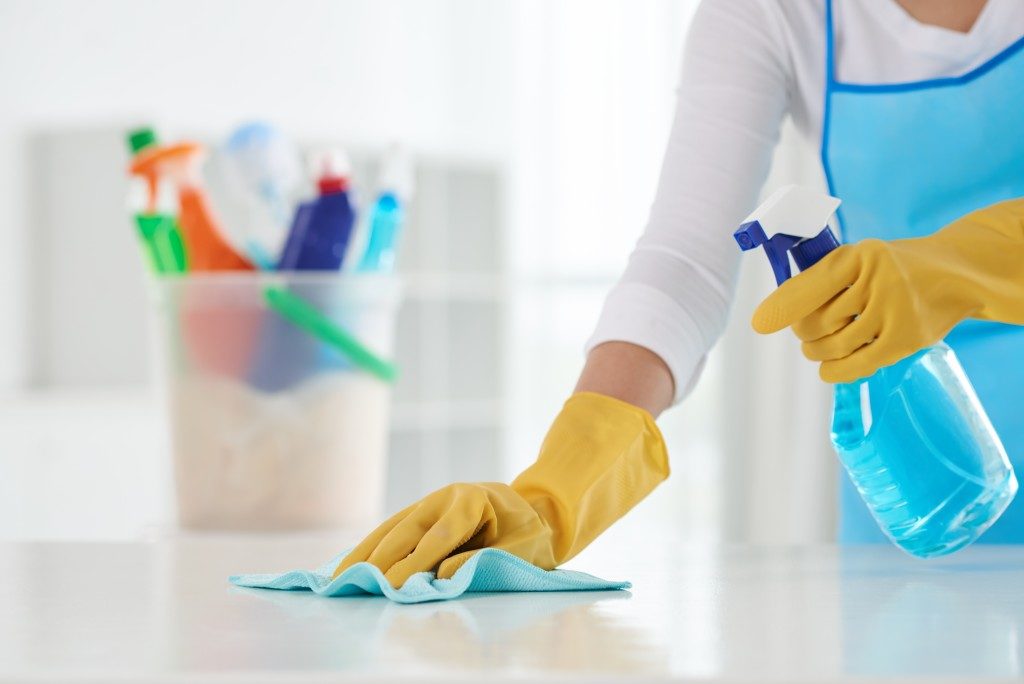Food preparation en masse is one of the critical undertakings of public establishments. These include hospitals, hotels, schools, and care facilities, among others. While you will take great care to prepare finger-licking meals, your efforts might be eroded by germs and other elements found in dirty kitchens. To avert the risk of food poisoning from your commercial kitchen, it is essential to use the right cleaning techniques and supplies.
This does not mean picking the cheapest and readily available commercial cleaning chemicals in supermarket shelves or supplier quotations. You should settle for foodservice chemicals because they keep your kitchen surfaces and appliances clean without affecting the safety of your food and employees. The following are examples of foodservice chemicals that will keep your kitchen squeaky clean.
Degreasers
Also known as solvent cleaners, remove grease from surfaces by breaking down petroleum byproducts, fats, and oils. Degreasers thus suffice for the cleaning of grill backsplashes, oven tops, and food preparation counters. In the past, most of these products contained white or methylated spirits. Nowadays, however, there are several non-fuming, non-toxic degreasers on the market. These are ideal for commercial kitchens since they do not contain harmful spirits that might contaminate food.
Abrasives
These are chemicals that should be rubbed or scrubbed on a surface to remove dirt. They are often used on hard surfaces that can withstand the cleaning action. In most commercial kitchens, abrasives suffice for cleaning pans, pots, and floors. They nonetheless should be used cautiously on kitchen equipment made of stainless steel or plastic with ingrained dirt to avoid damaging them. A few abrasives have chemicals that allow them to disinfect the surface being cleaned.
Acids
These are the most potent among cleaning chemicals in commercial kitchens. They should be diluted carefully since they can be corrosive and poisonous. Acid cleaners in commercial kitchens suffice for the removal of mineral deposits on surfaces and equipment. They can also be used to descale dishwashers and remove rust in restrooms. Some weak acids like vinegar can be used to remove grime and rust from your stove.
Detergents

These are the most common cleaning agents used in commercial spaces. In kitchens, they are used to break up soil or dirt. This eases the washing away of the contaminants. Most detergents in commercial kitchens are synthetic, meaning they are made of petroleum products and come in the form of crystals, gels, or liquids.
Descalers
The accumulation of scale in your kitchen equipment might cause flow issues throughout your establishment. Descalers are the ideal solutions for this. These remove hard water and mineral deposits around your dishwashing area and heating element. Periodic descaling of your kitchen equipment also prolongs its life. The best descaler for a kitchen is non-toxic and biodegradable.
Thoroughly cleaning a commercial kitchen is no doubt challenging yet essential. Using the wrong cleaning products will not only compromise the taste and presentation of your food, but also contravene food regulations. Thus, you should ensure you get the best possible supplier for the above chemicals. The wrong supplier will, after all, become the Achilles heel of your kitchen.

